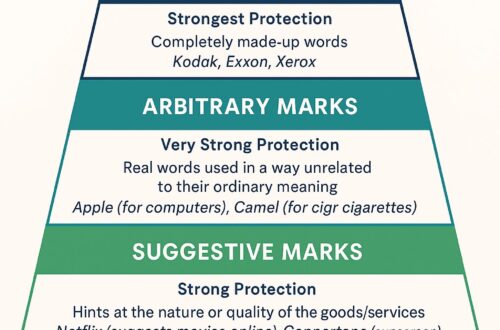Emerging technologies such as artificial intelligence (AI), blockchain, and the metaverse are redefining the boundaries of innovation, but they also pose novel challenges to intellectual property (IP) frameworks worldwide. These technologies blur traditional lines between creators, owners, and users, demanding a reevaluation of how IP rights are defined, enforced, and valued.
AI-generated content (AIGC) has become a focal point of copyright debates. When an AI system produces a piece of music, a written article, or a visual artwork, questions arise: Who qualifies as the “author”? Is it the developer of the AI, the user who input prompts, or the algorithm itself? In 2023, the U.S. Copyright Office rejected a copyright application for a painting created by an AI, ruling that only human authors are eligible for protection. This decision, however, remains controversial, as companies like OpenAI and Google invest billions in AI tools that generate commercial content. The lack of clear guidelines has led to legal ambiguity: a photographer recently sued an AI company for training its image-generating model on millions of copyrighted photos without permission, arguing that this constitutes mass infringement. Such cases highlight the need for updated copyright laws that address the unique nature of AIGC.
The metaverse, a virtual shared space, introduces complex trademark issues. Brands are rushing to establish a presence in metaverse platforms like Decentraland and Roblox, where virtual goods—from clothing to real estate—bear their logos. In 2022, Nike filed trademarks for virtual sneakers, while Gucci sold a digital handbag for $4,115, demonstrating the commercial potential of virtual IP. However, enforcing trademarks in the metaverse is challenging: unlike physical goods, virtual items can be replicated infinitely, and jurisdictional boundaries are unclear. A counterfeit virtual Rolex watch in the metaverse, for example, could damage the brand’s reputation as severely as a physical fake, yet existing laws struggle to address such infringements. Legal experts argue that trademark laws must evolve to recognize virtual goods as distinct but equally protectable assets.
Blockchain technology, often hailed as a solution to IP challenges, also raises its own set of questions. While blockchain’s decentralized ledger offers transparent tracking of IP ownership—enabling creators to timestamp works and prove authenticity—it complicates matters of licensing. Smart contracts, which automate royalty payments, rely on accurate IP data, but errors in coding or ambiguous terms can lead to disputes. For instance, a musician using a blockchain-based platform to license their music might find that a smart contract incorrectly distributes royalties due to a misclassification of rights. Additionally, non-fungible tokens (NFTs), which represent ownership of digital assets, have sparked debates over whether purchasing an NFT grants copyright ownership or merely a token of authenticity. In 2024, a prominent artist sued a collector for minting an NFT of their artwork without permission, underscoring the need for clarity on NFT-IP relationships.
Patent systems, too, are strained by emerging technologies. Quantum computing, for example, involves breakthroughs in physics and computer science that often defy traditional patent classification systems. Patent examiners, lacking expertise in this niche field, may struggle to assess the novelty of quantum algorithms, leading to either overly broad patents or unjust rejections. Similarly, bioprinting technologies, which create 3D-printed organs, raise ethical questions about patenting living tissues. A 2023 dispute between two biotech firms over a patent for a 3D-printed liver scaffold highlighted the tension between innovation and access to life-saving technologies, with critics arguing that such patents could restrict medical progress.
Addressing these challenges requires collaboration between technologists, legal experts, and policymakers. The World Intellectual Property Organization (WIPO) has launched an AI and IP project to develop global guidelines, while the European Union is exploring a regulatory framework for the metaverse that includes IP protections. Companies are also taking proactive steps: Adobe, for instance, introduced an AI tool that labels AI-generated content and ensures it is trained on licensed material, mitigating infringement risks. Ultimately, adapting IP laws to emerging technologies will require flexibility—a willingness to balance innovation with accountability, and to recognize that the digital frontier demands new rules.
